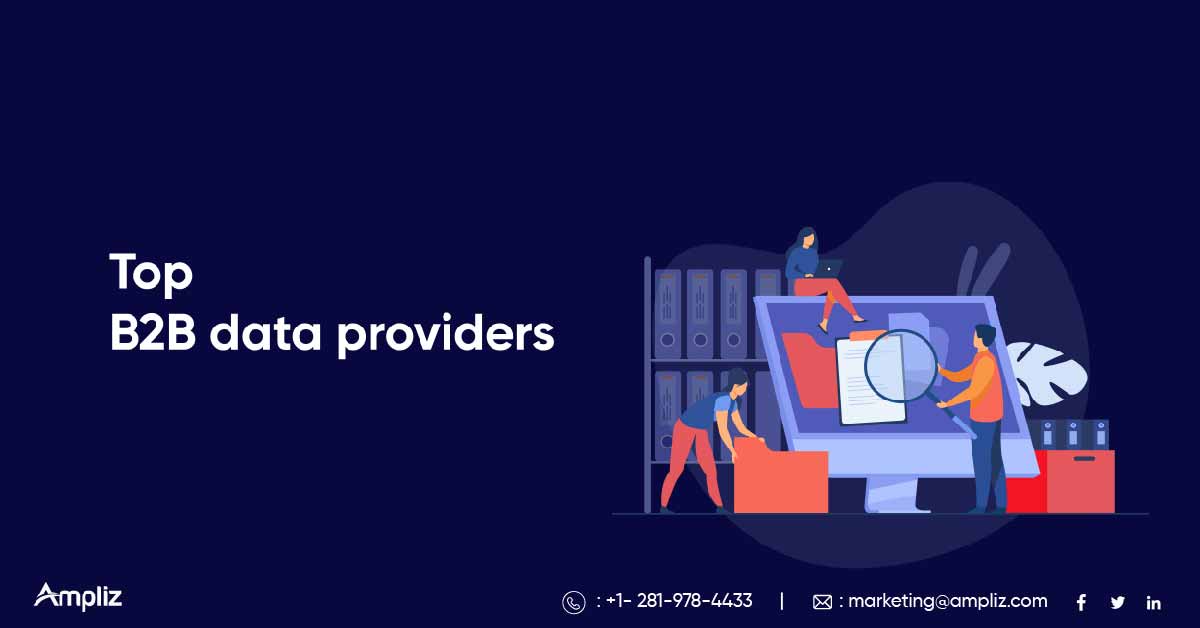Picking the Right Database Provider for Your Company Needs
Picking the Right Database Provider for Your Company Needs
Blog Article
Trick Features to Seek When Selecting a Data Source Provider
Choosing a database company is a vital decision that can significantly affect your company's information and operations monitoring technique. Amongst the essential features to consider are scalability alternatives, which ensure that your system can adapt to expanding needs. Safety actions, performance metrics, and consumer support also play pivotal duties in this evaluation procedure. As you consider these aspects, it ends up being noticeable that the choice is not just concerning capability however additionally regarding aligning with your long-term vision. What various other factors to consider might influence this vital decision?
Scalability Options
When selecting a database carrier, recognizing scalability options is crucial to making sure that the picked remedy can fit future development. Scalability refers to the capability of a database system to expand its ability and performance in response to raised demand. There are two main sorts of scalability: horizontal and vertical.
Upright scalability, or "scaling up," includes enhancing a single web server's sources, such as CPU, RAM, or storage. This technique can be cost-efficient and uncomplicated for smaller applications yet may get to a limitation where further upgrades are too pricey or impractical.
Horizontal scalability, or "scaling out," involves adding much more servers to distribute the load. This method permits greater adaptability and can suit considerable increases in data quantity and individual website traffic (database provider). It is specifically helpful for cloud-based data source solutions that can dynamically designate resources based upon demand

Security Procedures

When reviewing safety and security actions, think about the application of file encryption methods (database provider). Data-at-rest and data-in-transit encryption are necessary to make sure that sensitive information remains secured, also in the event of a safety violation. In addition, look for service providers that offer strong verification systems, such as multi-factor verification (MFA), to further improve gain access to control
Normal protection audits and conformity with market criteria, such as GDPR or HIPAA, are a sign of a carrier's commitment to data security. Furthermore, ask about their event response plan; a durable strategy can minimize the influence of any potential safety and security incident.
Performance Metrics
Reviewing performance metrics is vital for organizations to guarantee that their chosen data source provider fulfills functional requirements. Secret performance metrics include response time, throughput, and scalability, which collectively figure out the performance of data source procedures under varying loads.
Feedback time is important, as it mirrors just how promptly the database can process queries and return outcomes. Organizations should try to find metrics that show ordinary reaction times throughout optimal and off-peak hours. Throughput, usually gauged in purchases per second (TPS), supplies insight into the data source's capability to take care of high volumes of requests without efficiency degradation.
Scalability evaluates the database's capacity to grow with the company's demands. A durable database service provider should demonstrate straight and vertical scaling capabilities, enabling for seamless changes as needs fluctuate. Furthermore, understanding latency, particularly in distributed systems, can aid organizations evaluate the responsiveness of the data source across various geographical places.
Client Support
Dependable customer support is a foundation of efficient database monitoring, supplying organizations with the help needed to resolve concerns and enhance performance. When selecting a data source carrier, reviewing the level of customer assistance they supply is essential. A durable support group ought to consist of several channels of communication, such as phone, e-mail, and live conversation, making certain that individuals can access aid whenever they need it.
In addition, responsive assistance teams that are visit site available 24/7 greatly enhance the reliability of the data source solution. Prompt response times and reliable resolution of concerns can substantially lower downtime and boost overall productivity. It is likewise advantageous to consider the schedule of dedicated support employees, that can offer tailored support based upon a company's details demands.

Pricing Framework
When thinking about a data source company, the rates framework is a crucial variable that can significantly affect an organization's spending plan and general strategy. A clear and adaptable rates design is necessary for aligning the database costs with company demands - database provider. Organizations must examine whether the rates is based upon intake, per customer, or a level price, as each version can yield different economic implications gradually
It is essential to examine any kind of added costs related to the provider's solutions, such as data storage costs, deal prices, and support charges. Some suppliers may supply tiered pricing, allowing scalability as the organization expands, while others may enforce strict limitations that might come to be expensive as information requirements enhance.
In addition, organizations must consider the long-lasting worth of the data read the full info here source option. While reduced initial costs can be enticing, they may not make up future upgrades, upkeep fees, or combination costs. Carrying out a complete cost-benefit evaluation will certainly assist identify one of the most appropriate rates framework that balances scalability, assistance, and efficiency, ultimately guaranteeing that the chosen data source supplier straightens with the company's monetary and functional purposes.
Verdict
In final thought, picking a data source service provider web demands cautious factor to consider of different crucial features. Evaluating performance metrics allows the recognition of reliable databases, and available client support enhances the total individual experience.
Picking a database carrier is a crucial decision that can considerably impact your organization's procedures and information monitoring technique.When picking a data source company, understanding scalability options is vital to making sure that the picked remedy can fit future development. When choosing a data source company, examining the level of consumer support they supply is necessary.When thinking about a database supplier, the rates framework is a pivotal variable that can considerably affect an organization's spending plan and overall approach. Conducting an extensive cost-benefit analysis will certainly help identify the most appropriate prices structure that balances scalability, performance, and support, ultimately guaranteeing that the selected database provider lines up with the company's economic and operational goals.
Report this page